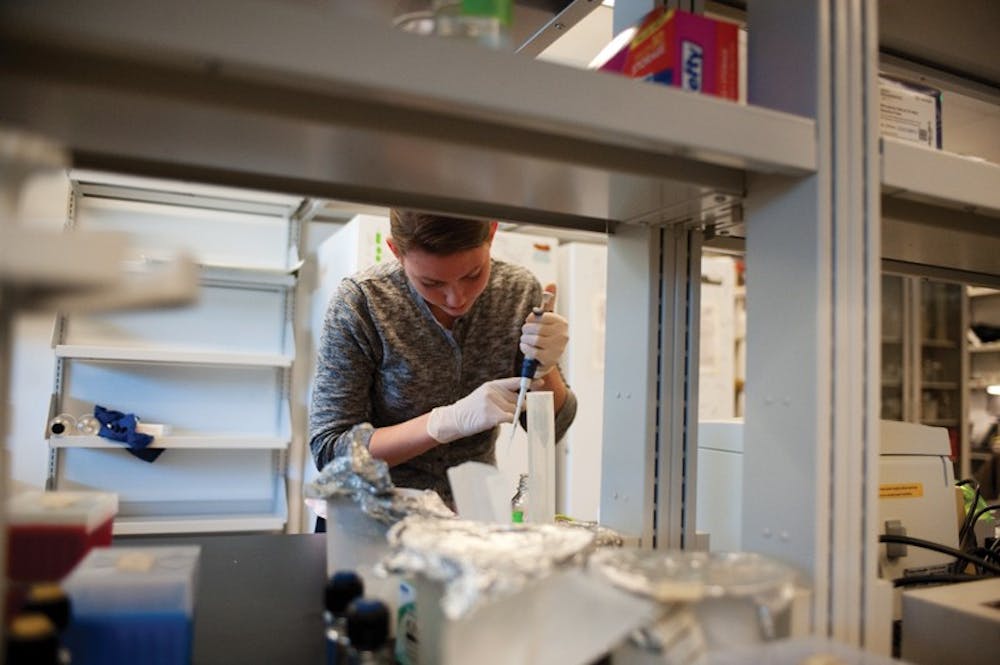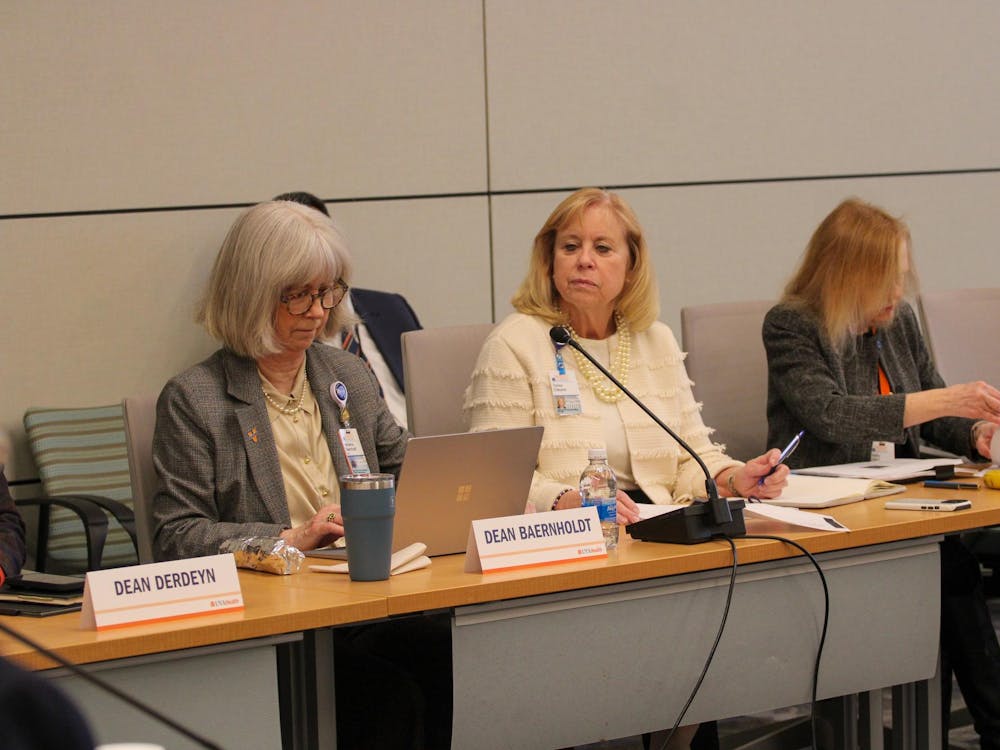A recent study by Yale researchers found evidence of gender bias in the fields of science and engineering that shows male students have a competitive advantage over female students.
Researchers gave faculty members random applications for a lab manager position. The applications were handed in with either a male or a female student’s name. The “male” students were consistently rated more hirable and competent than identical “female” students. Applicants with male names were also offered more opportunities for career mentoring.
“People are socialized to form different expectations about men and women, and differences in the representation of men and women in different areas reinforce those biases,” said John Dovidio, one of the authors of the study, in an email. “Although not sufficient, awareness of bias is a necessary step to combat unacknowledged and often unintentional biases.”
According to the study, the gender of faculty members who reviewed the reports had no influence on exhibited bias. “Mediation analyses indicated that the female student was less likely to be hired because she was viewed as less competent,” the report stated.
Attempts to address faculty gender bias might increase female participation in the sciences, according to the report.
Though Dovidio said faculty in science, technology, engineering and mathematics (STEM) fields are generally well-intentioned, they often apply discrimination in the workplace without realizing it. The report found female professors exhibited the same capacity for gender bias as men.
“Female professors grow up in the same society [as their male colleagues],” Dovidio said. “Moreover, their personal success may reinforce their perceptions that the system is fair.”
Pamela Norris, associate dean of research and graduate programs in the Engineering school, said her career choices forced her to overcome barriers her male colleagues did not face. She has worked for the University for 18 years.
“I had to pay attention to things men didn’t have to pay attention to,” she said in an email. “It was harder to fit in sometimes … I bought tickets to sporting events as a way to have something to talk about, because at first [my co-workers] didn’t know how to talk to me.”
The University’s non-discrimination policy states it “will not tolerate discrimination or harassment in the workplace, academic setting or in its programs or activities” based on an individual’s characteristics, including sex. Supervisors who do not comply with such procedures can be subject to termination.
“There’s always more that can be done, but U.Va. is ahead of the curve,” Norris said. “Role models go a long way and training people about these implicit biases can be provided … to help overcome these issues.”
Dovidio said he hopes as women are better represented in STEM fields, people’s views of what women can achieve will also change. “It is a slow process, but women’s greater visibility and achievement helps erode gender barriers — particularly if people are led to recognize the potential social barriers,” Dovidio said.







